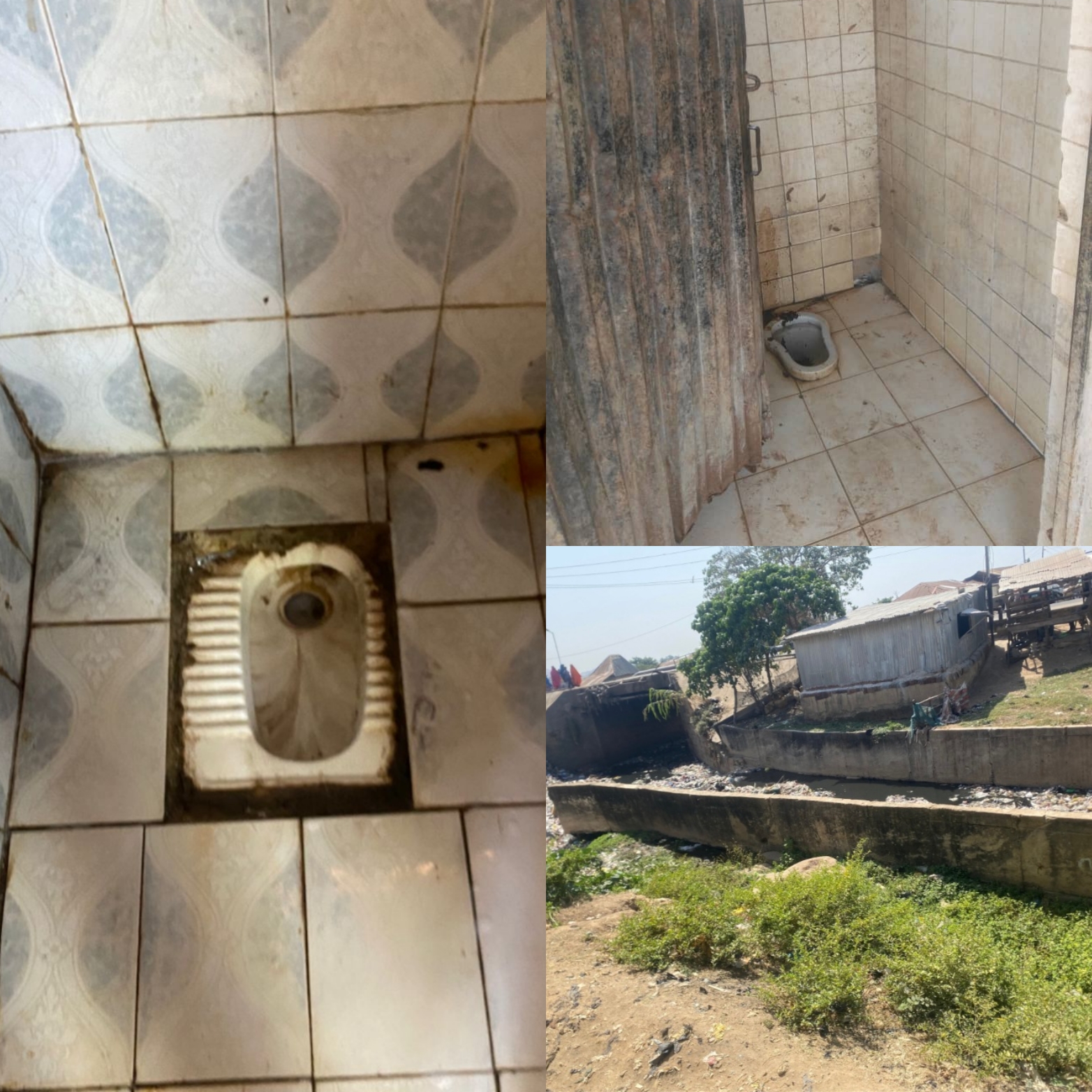
Inside Abuja public schools where toilets are luxuries, students resort to open defecation in bushes, sewers
Story from Onyinyechi IHEANACHO, Sakinatu MUSA, Faiza ALIYU, Haruna HASSAN, Fatima ADAMU, Maryam SULEIMAN
The severe lack of proper toilet facilities in government-owned schools in the Federal Capital Territory (FCT) and the neighbouring states of Nasarawa and Niger is undermining Nigeria’s commitment to giving children an excellent educational opportunity.
Relatively few students had access to or used basic sanitation and hygiene services in government schools because of the very few washrooms, long queues, unhygienic latrines without water, and lack of specific restrooms for catamenia females, which has led some pupils to the option of excreting their waste in bushes and sewers.
The serious threats to children’s health and academic performance because of the lack of sanitary restrooms in government-owned Primary and Secondary schools are the focus of this investigation by Neptune Prime.
At Government Secondary School (GSS), Kuje, one of the area councils in the Federal Capital Territory, some of the staff members revealed that the bad condition of the restrooms is the reason they were closed down.
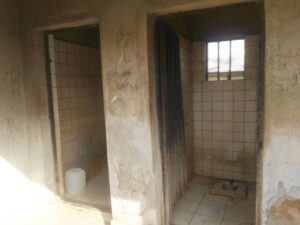
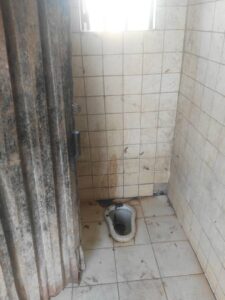
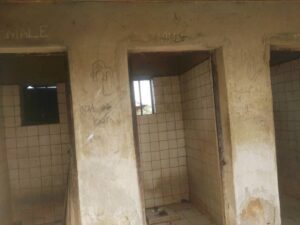
As a government-funded institution, it is the responsibility of the Federal Government of Nigeria (FGN) to ensure that schools like Government Secondary School, Kuje, provide a safe, healthy and comfortable learning environment for their students.
Because of the substandard sanitation conditions of the toilets, students have been compelled to use disgusting facilities, which puts their health at serious risk.
Our reporter was instructed to write anything she wanted to write and was not permitted to take pictures when she went to report on the condition of restrooms in this school.
The photos, which were provided by a source who remained anonymous and volunteered to share them to document the seriousness of the problem, showed the filthy-looking restrooms with visible urine and excrement stains on the walls and floors.
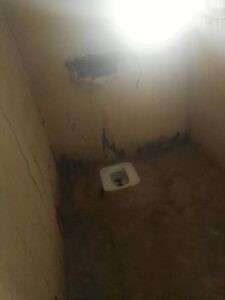
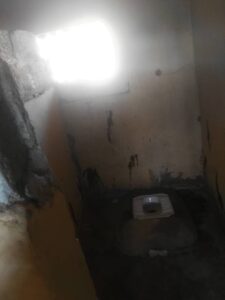
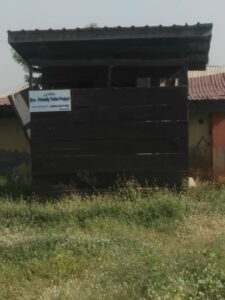
In addition to lacking standard features like hand dryers and soap dispensers, the toilets lacked running water.
When Neptune Prime paid a visit to the LEA Waru Primary School in Apo, a rapidly developing district in the FCT, the narrative remained the same.
The LEA Waru, a public primary school situated in the heart of the area, is the preferred learning centre for many students of various ages and backgrounds.
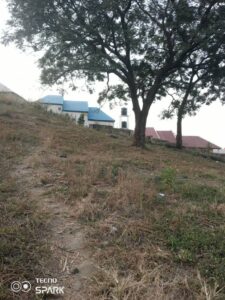
The young students at this government-owned school are forced to use the nearby bushes for excrement due to the damaged and unusable restrooms putting them at serious risk for health and safety issues, such as possible encounters with snakes or other dangerous animals.
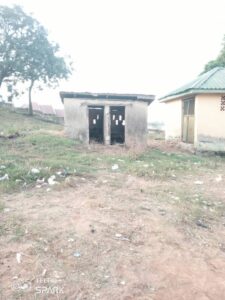
It was shocking to find the same scene repeating itself when our correspondent visited the Government Secondary School in Garki, a large commercial and administrative area in Abuja that is home to several government offices, and commercial organisations including financial institutions.
At this school, young students have an old-fashioned, unmaintained toilet with no adequate water in it.
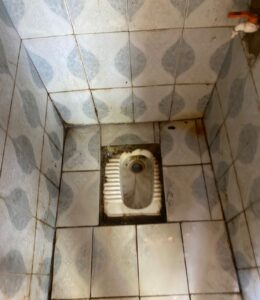
The surrounding areas of the uncovered four-room toilet facility were marred by scattered excreta. Though the school has about four toilets for JSS 1 to JSS 3 which is shared by both the male and female students, the nauseating odour of urine and decomposing faeces could leave anyone struggling to breathe.
Some children consented to keep their identities anonymous and spoke with our reporter on the situation, termed the poor hygiene in the toilets as ‘worrisome.’
A male student bemoaned the predicament, stating that due to the school’s toilets being filthy and without water, students have embraced open defecation.
When our reporter journeyed to Karu Local Government Area in Nasarawa State, a significant economic hub and urban area that is a suburb of Abuja along the western border of the FCT, she discovered that the unhygienic state of toilets at the Government Primary/Secondary School in Koroduma has forced many pupils to avoid using the facilities and look for alternatives outside of the school.
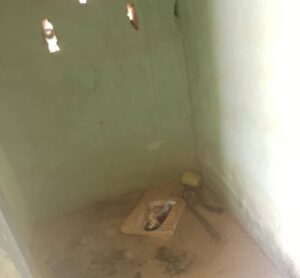
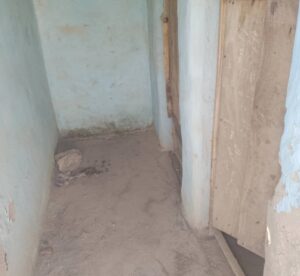
An SS 2 student, Chidinma Abraham, who spoke to our reporter said, “We have toilets, and some are even newly renovated, but the lack of maintenance makes them very unhealthy for us to use.”
Chidinma emphasised that the restrooms have been neglected, making them deteriorate badly and unfit for use despite the school’s efforts to provide suitable facilities.
It was observed that the state of the restrooms used by pupils and teachers differed dramatically. According to Chidinma, the teachers’ restrooms are kept spotless, and the teachers lock the restrooms after using them to make sure that only they can access the hygienic spaces.
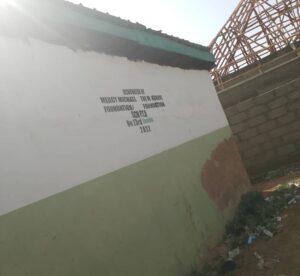
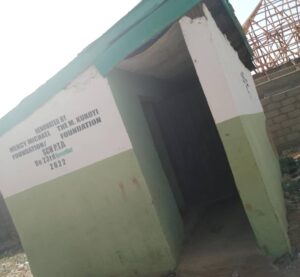
Similarly, at Central Pilot Science Primary School Doma, in the Doma local government area of Nasarawa State, students urinate and defecate in open spaces as the school lacks bathrooms.
Our reporter was unable to get a comment on why the school has no bathrooms as it is the holiday season.
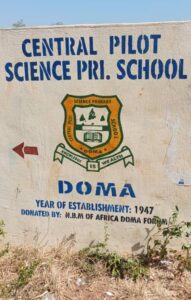
However, at Government Secondary School Doma, bathrooms are a special luxury accorded only to the staff members.
When asked why only staff are entitled to restrooms, a teacher responded, “We don’t even have complete classrooms talk more of bathrooms.
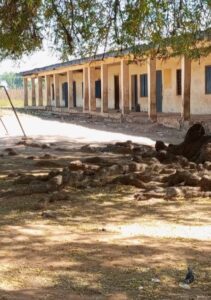
“Our classes are not even complete. We use plywood to make classrooms for the students to make the learning environment a bit habitable for them”.
He admitted to staff members having a neat toilet for their convenience but doesn’t know why there is none for students.
While in Niger State, the largest state in the country by area, the Suleiman Barau Primary School in Suleja, is a long-standing school that dates back to its founding in 1926 with great historical significance and growth, the school, which has been a light of education for decades lacks basic sanitation facilities, especially toilets.
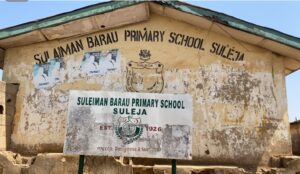
The situation of the restrooms at this highly regarded institution is troubling right now, as the outdated, old facilities and inadequate amenities are visible everywhere throughout the school.
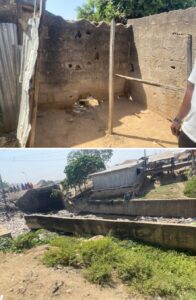
The most worrying factor is that right now, there are no restrooms at the school; instead, pupils use a temporary location to urinate, they use an extremely tarted gutter to defecate, while their teachers have an outdated, crumbling restroom for their convenience.
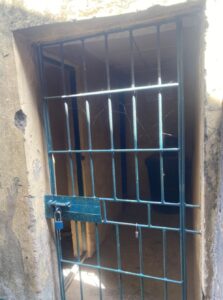
Health risks, security and academic challenges
The most important phase of a child’s general development is when they are in school, that’s when a child acquires the abilities required to participate in his or her peer group. A child’s health will be preserved for the rest of their lives if proper hygiene habits are established during this period.
Apart from being inconvenient, poor personal hygiene and inadequate sanitation habits among young children hurt their academic performance as well as their general health.
These unsanitary conditions have a major role in the transmission of infections, endangering a child’s general well-being and causing long-term internal health issues, particularly in girls.
One of the major public health problems in developing nations is Open Defecation (OD), which is exacerbated by inadequate restrooms. This increases the risk of waterborne infections like diarrhoea and other parasitic infections and has a detrimental effect on pupils’ ability to attend school.
Some concerns about young children leaving school premises to go to bushes and culverts are especially valid given the national rise in banditry and kidnapping.
It’s concerning because some of the drains that these children make use of are dangerously close to busy highways, increasing the risk of accidents when they try to access them for personal relief.
A call to action
The health and well-being of students affect a school’s ability to maintain an effective learning environment, which is why learning institutions that wish to educate generations of students must provide environments that meet modern health and hygiene standards.
The improvement of restrooms in the aforementioned schools, which lack hygiene standards, is the responsibility of the government, it is, therefore, important to draw attention to the provision of sufficient financing for the building and remodelling of restrooms in all public schools.
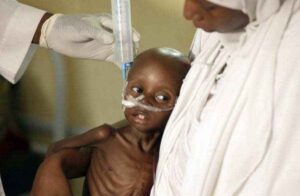
Additionally, authorities should consider training school staff members on fundamental hygiene practices, the value of maintaining clean and hygienic learning environments, how to wash hands properly, how to clean the restroom, and how to use personal protective equipment (PPE) when handling waste materials.
One hundred and twenty-three countries had national estimates for basic sanitation services in schools as of 2021. In 83 of these countries, the basic sanitation coverage rate was above 75%, but, in 23 countries, it was still below 50% (WHO 2021). Children have no sanitation services at school, no handwashing facilities, or availability of soap and water, 19% had constrained washrooms with water or no water at all.
Therefore, it is significant to pay close attention to school children’s hygiene practices and literacy to prevent the spread of diseases among them.
Follow the Neptune Prime channel on WhatsApp:
Do you have breaking news, interview request, opinion, suggestion, or want your event covered? Email us at neptuneprime2233@gmail.com




